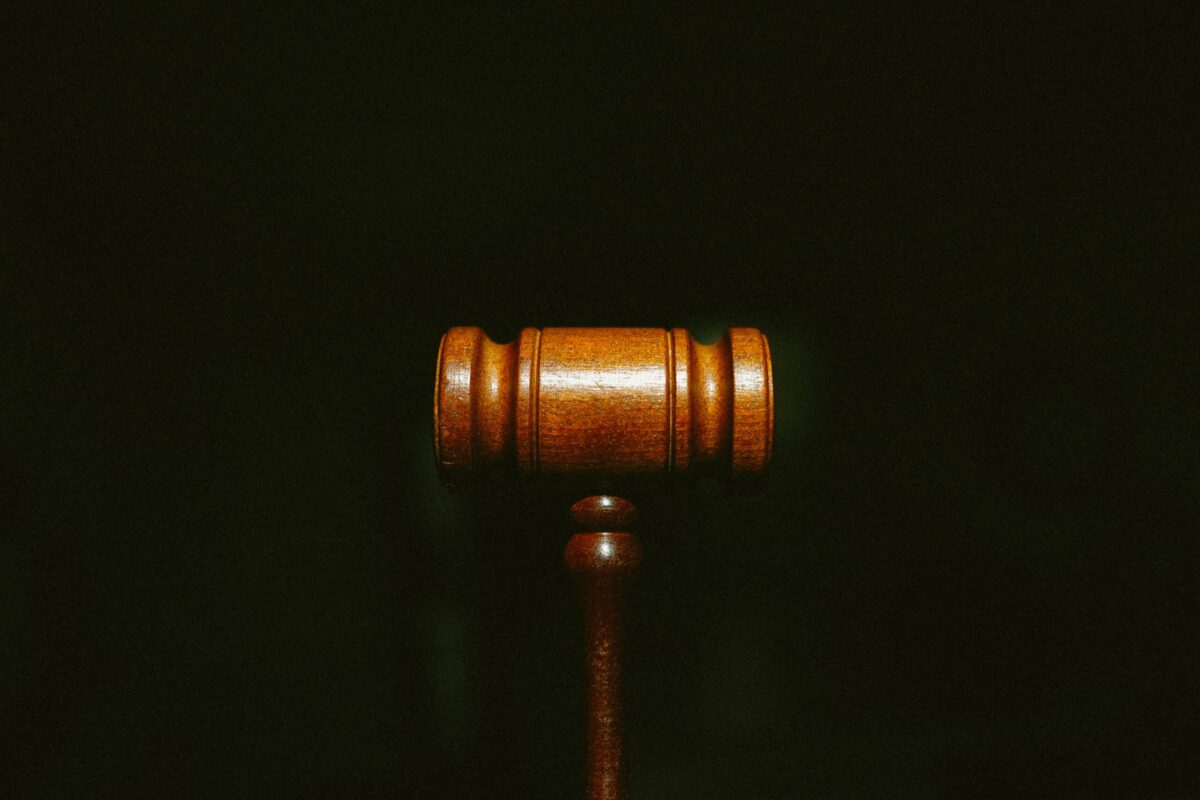Ripple Labs has taken a major step in its ongoing legal battle with the US Securities and Exchange Commission (SEC).
On 24 October, the American technology company filed a Civil Appeal Pre-Argument Statement, also called Form C, with the Second Circuit Court of Appeal.
The appeal challenges key points from a 2023 ruling where Ripple was found to have broken US securities laws in some cases but not in others.
Ripple argues that its $XRP sales to retail investors should not be classified as investment contracts and that the judgement misinterprets several key legal standards.
Challenging the definition of investment contract
At the core of Ripple’s argument is the legal definition of an “investment contract”. Under US securities law, if a transaction is classified as an investment contract, it can be regulated as a security.
Ripple is challenging this classification for its $XRP sales, arguing that the legal elements required for an investment contract aren’t met in their case.
According to the tech company, an investment contract requires three key factors: a formal contract, ongoing responsibilities for the seller, and a buyer’s right to profit from the seller’s work.
Ripple believes that its $XRP sales don’t satisfy these factors, and as a result, should not be considered investment contracts. This dispute brings attention to a 1946 legal standard known as the Howey Test, which the SEC often uses to decide if something is a security.
They also argued that the test wasn’t properly applied to $XRP and says it doesn’t meet all the conditions set by the Howey Test, such as a shared profit expectation based on Ripple’s performance.
Attorney Jeremy Hogan, who supports Ripple’s position, stated that this part of the appeal could impact the SEC’s enforcement actions across the cryptocurrency industry.
“Ripple’s focus on the need for specific contract elements in investment contracts could limit the SEC’s reach, even if it doesn’t eliminate Ripple’s $105 million judgement”, Hogan said.
Fair notice defence and injunction objections
Ripple’s appeal also includes a “fair notice” defence. Ripple argues that the SEC never gave clear guidance on whether its $XRP sales violated securities laws.
According to Ripple, the SEC’s inconsistent statements created confusion, leaving crypto companies without a clear sense of how to comply with regulations. It believes that the lack of clarity around digital asset rules unfairly puts companies at risk of facing unexpected enforcement actions.
In addition, Ripple raised concerns about the court’s injunction against the company. The injunction, or court order, requires Ripple to follow securities laws, but Ripple argues the language is too vague and could lead to confusion.
Stuart Alderoty, Ripple’s Chief Legal Officer, noted that the injunction’s directive to “obey the law” could harm Ripple’s business because it is not specific enough. Ripple is concerned that the open-ended wording could lead to overly cautious behaviour, which might negatively impact its ability to operate effectively.
Hogan echoed these concerns, noting that Ripple’s appeal aims to prevent a loosely defined injunction from affecting its business. He explained that Ripple is seeking “clearer guidelines on what is permitted”, rather than operating under a broad injunction that could have long-term consequences.
Ripple’s strategy
Ripple’s appeal centres on specific legal issues, rather than arguing for a broad reclassification of $XRP.
Alderoty highlighted that $XRP, like Bitcoin, is currently not classified as a security in the US, and the SEC did not challenge this status in its recent filing.
Ripple’s focus, therefore, is on contesting the specific legal interpretations related to its $XRP sales.
The appeal is now in the hands of the Second Circuit Court of Appeal, which will review existing records without allowing new evidence. Alderoty pointed out that this decision could help speed up the judgement, as it narrows the court’s review to facts already in the record.
“The court’s reliance on the current record should minimise delays”, he said, reassuring Ripple’s investors that the appellate court will not admit any additional evidence from the SEC, which could otherwise drag out the case.
Ripple CEO, Brad Garlinghouse, also expressed confidence in the appeal’s outcome. In an interview, he said that he believes Ripple is “on the right side of the law and on the right side of history”,
He predicted that a favourable judgement would challenge SEC Chair Gary Gensler’s broader regulatory approach toward the cryptocurrency industry.
Meanwhile, pro-XRP lawyer John E. Deaton has filed to appear in the Second Circuit as amicus counsel, meaning he will offer advice in support of Ripple’s arguments.
In a related update, the SEC has also requested more time to file its principal brief, with a new deadline set for 15 January 2025. These developments highlight the intense legal battle between Ripple and the SEC, with potential consequences for the wider cryptocurrency industry.


